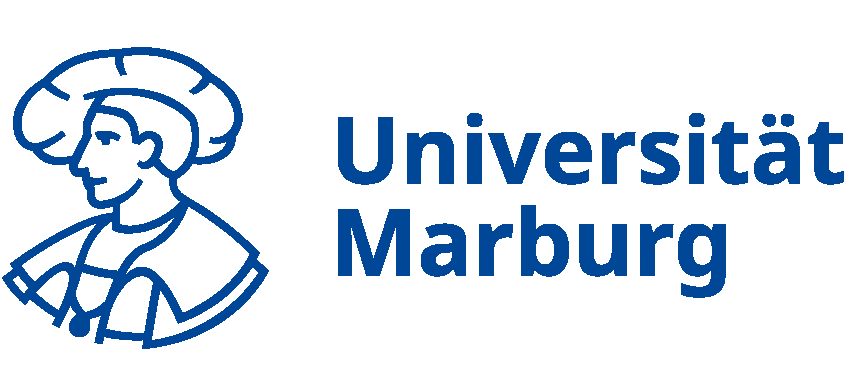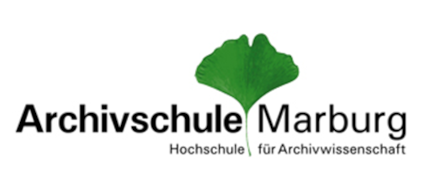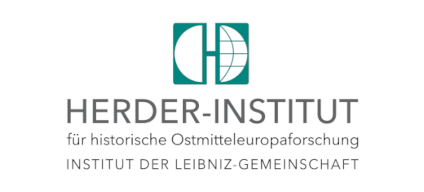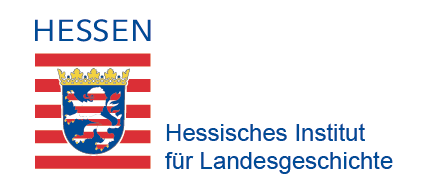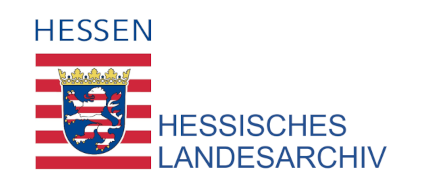Main Content
Frequently Asked Questions
On this webpage, you can find answers to some important questions about the degree program "M.A. Cultural Data Studies". If you have any other questions, feel free to contact the central study advising.
Who is the Master's degree program Cultural Data Studies for?
The program is intended for any students who have a Bachelor's Degree in field in the humanities or social sciences and would like to know more about digitalization. Whether you are interested in the use of digital methods and working with data or the society impace of digitalization, the degree program is structured so that you can learn about both of these aspects, connect with different perspectives and tailor the programm to your own interests.
Do I need certain technical abilities or programming knowlege to study Cultural Data Studies?
No! We have planned out the program so that you do not need any special skills in technology or programming knowlege. In the program, you will learn the fundamentals of programming, digital methods and how to use digital tools.
I saw that some modules in Computer Science are required for this degree program. Would I then be taking classes with Computer Science students? Do I need to have the same mathematical knowlege?
The degree program "Cultural Data Studies" is also part of the Mathematics and Computer Science department. However, the modules are structured so that you do not need to be an expert mathematician. The module "Introduction to Information Science" is, for example, offered to students outside of the Computer Science department and is purposely application-oriented. Therefore, you will be taking the module with other students who do not study Computer Science.
In addition, the other modules related to Computer Science were developed especially for students in the Master's degree program "Cultural Data Studies". In these modules, we make sure to teach them practically and that they are always relevant to the field of digital humanities and social sciences.
What do I need to apply for the degree program?
In order to apply, you will first need a Bachelor's Degree in a field in the humanities or social sciences, as well as an interest for digital culture and culture in the digital world. Other than that, you do not need any special knowlege in the field.
For the application itself, we need your Bachelor's Diploma OR proof of completed modules, in case you have not yet received your diploma. We also need a letter of motivation and a short CV. For this degree, there is a so-called "aptitude assessment procedure". What that entails and how it works, we explain below.
I read that there is a selection process for this degree program. How does that work?
The students should not be accepted into or denied by the degree program just because of their final grade from their Bachelor's degree. It is much more important to us that you are interested in the content of the degree program and, if available, you have some experience in the field of Digitalization.
In order to be accepted into the degree program, you must include with your application:
- your Bachelor's diploma or a preliminary transcript of records,
- a one-page CV,
- a letter or motivation (about 3 pages) in which you share what experience or skills you have that are relevant to the degree program or what you are interested in,
- if applicable, certificates that prove the experiences listed in your letter of motivation.
A small selection committee would then look at your materials and give points based off of concrete criteria. You can earn a total of 101 points, 51 of which you need to be accepted into the program.
The points are assigned as follows:
- Maximum of 51 points for your final grade from your Bachelor's degree. If you have recieved a final grade of 13,9 to 15,0, you get all 51 points are are automatically accepted. If you, for example, have a final grade of 10,0 too 11,8, you get 36 points. You can view the list of points in appendix 6 in the Prüfungsordung (in German only).
- Maximum of 20 points for your qualifications and interests for the degree program that you have depicted in your letter of motivation and CV
- Maximim of 20 points if you have prior knowlege of this field. For example, if you wrote a thesis relevant to this topic of study, have completed a relevant internship or participated in workshops about digitalization, you can include this in your application.
- Finally, you can earn up to 10 points if you already have knowledge in a programming language and can provide evidence of this.
We have designed the selection process so that you can clearly see the amount of work needed to apply. Once you have submitted your application, no other steps are necessary. There will be no interview or anything! As long as you have earned at least 50 points, you can be directly accepted into the degree program.
I don't have my Bachelor's diploma yet, can I still apply?
As long as your Bachelor's degree will be completed by September 30th before you begin the Master's degree, you can apply. In this case, you would submit proof of the modules that you have already successfully completed. This transcript must show that you have completed at least 80% of your dgree (so usually 144 LP) as well as show a current grade average. You would then have to provide your diploma by the end of the lecture period of your first semester.
The name of the degree program as well as certain modules have English titles. In which language are the modules taught?
Essentially, the modules are taught in German. Some courses can possibly be taken in English, but currently this is the exception, not the rule.
I would like to complete a semester abroad during my Master's studies. Is this possible in this degree program and is there support for that?
A semester abroad is definitely possible in this degree program. It would be recommended to be completed in the third semester. The Philipps University and the instructors of the degree program have many international contacts that can be utilized in order to find an ideal place to study abroad.
